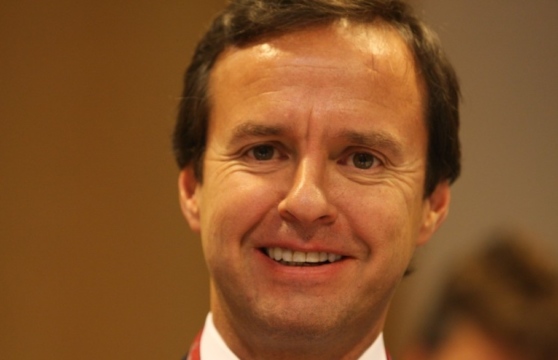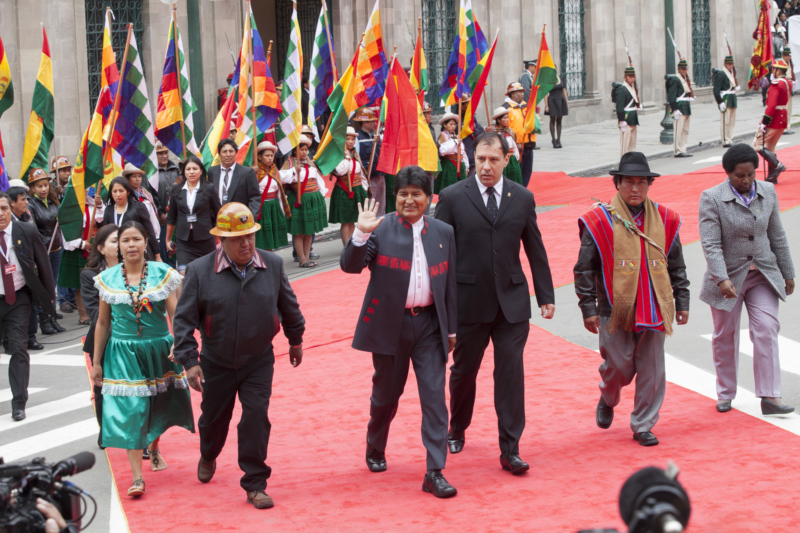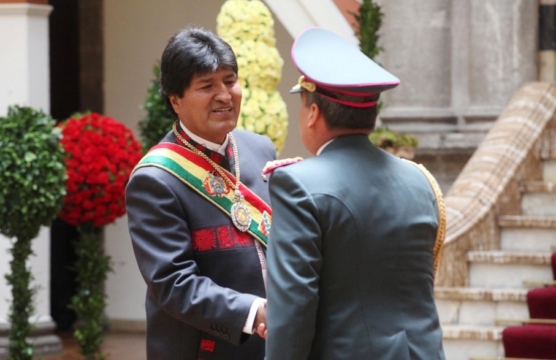
A Conversation with Jorge Quiroga
In early October, Morales announced he will run for a third presidential term . Is democracy under seige?
Unlike with Morales’s counterparts in Latin America’s three consolidated autocracies — Venezuela, Cuba and Nicaragua — his past elections have been democratic and his governance style autocratic but not authoritarian. Members of Bolivia’s long-suppressed indigenous majority felt vindicated by the election of an Aymara president, and many analysts now see Morales’s 13 years in office as successful on economic merits, with consistent growth (real GDP per capita has almost doubled) alongside fairly ambitious socialist redistributive efforts.
Although Bolivia remains the poorest country in South America, poverty has fallen from 60 percent to 34 percent on Morales’s watch. Importantly, he has avoided the sort of disastrous economic mismanagement that has wreaked havoc in Venezuela. He has also generally avoided the ostentatious thuggery of that country’s leader, relying instead on his control of the courts and a slow tightening of democratic space to sideline rivals and consolidate power without attracting undue attention from abroad. For some left-leaning commentators around the world, Morales remains an icon and proof that socialism isn’t incompatible with prosperity.
[...]
In early October, Morales announced he will run for a third presidential term . Is democracy under seige?
With Morales’ approval rating at 75%, it is likely that voters will re-elect him for a third consecutive term
Bolivian President Evo Morales won re-election with an estimated 60 percent of the vote. What can investors expect?
 Cancillería del Ecuador / Flickr / CC BY-SA 2.0
Cancillería del Ecuador / Flickr / CC BY-SA 2.0
